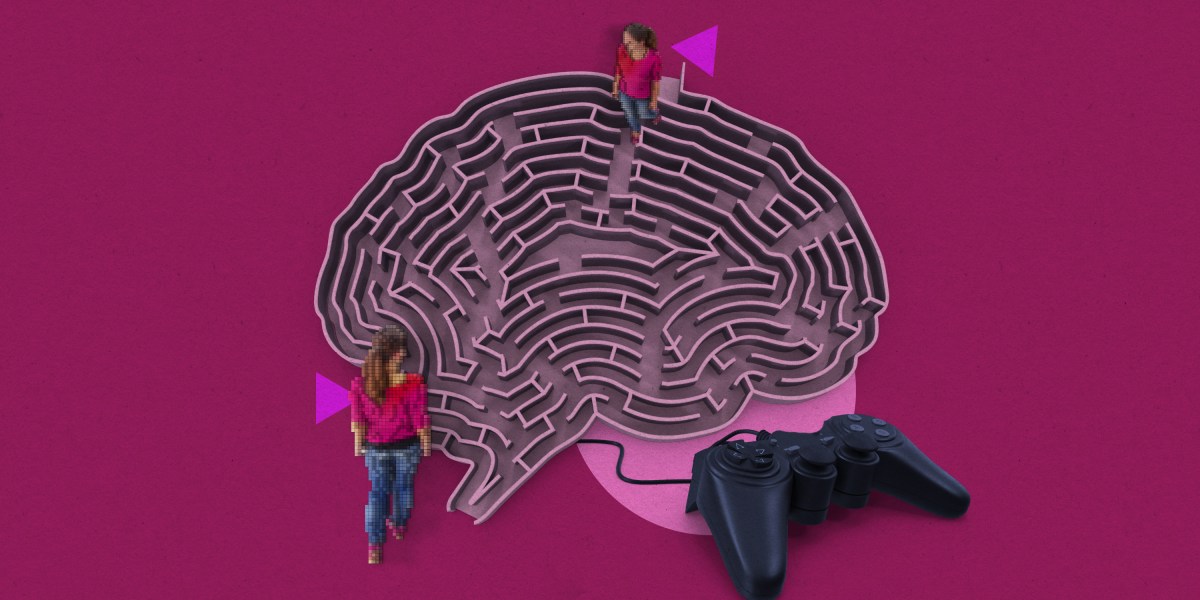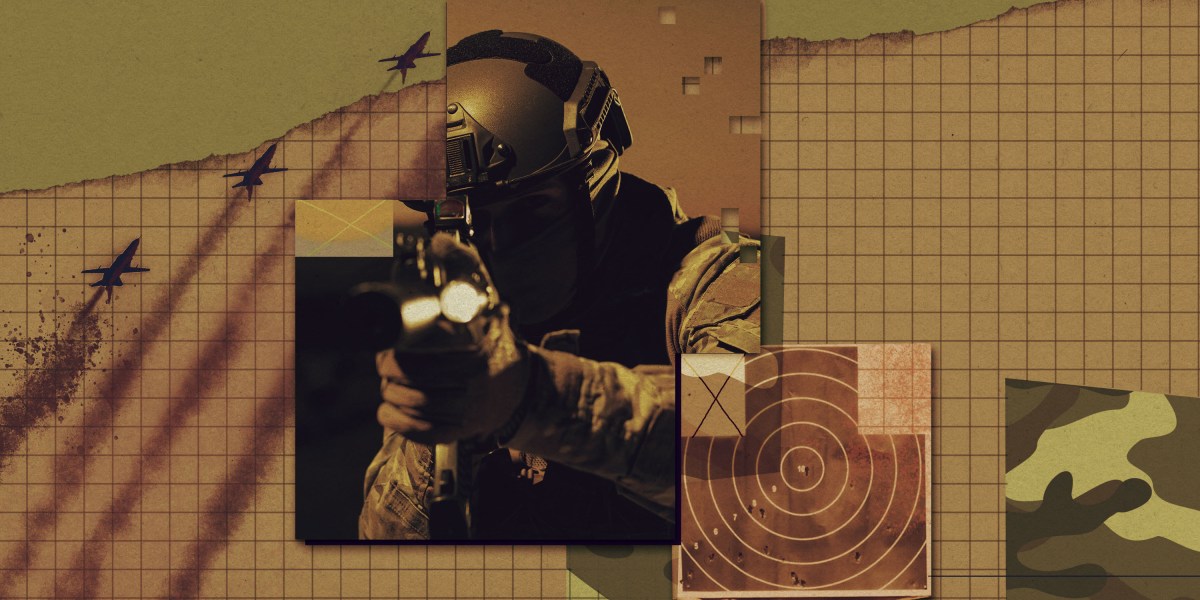Spiers himself is interested in learning how individuals hunt, regardless of whether for foods, garments, or a missing pet. “We however use these bits of our mind that our ancestors would have applied every day, and of class some common communities still hunt,” he tells me. “But we know practically nothing about how the brain does this.” He envisions utilizing AI-driven nonplayer people to learn more about how people cooperate for looking.
There are other, more recent inquiries to discover. At a time when folks are expanding attached to “virtual companions,” and an expanding selection of AI girlfriends and boyfriends are becoming designed offered, AI video-sport characters could also aid us comprehend these novel relationships. “People are forming a partnership with an synthetic agent,” says Spiers. “That’s inherently intriguing. Why would you not want to study that?”
Now browse the relaxation of The Checkup
Go through much more from MIT Engineering Review’s archive:
My fellow London-primarily based colleagues experienced a ton of pleasurable making an AI sport character based mostly on Niall. He turned out to be a sarcastic, smug, and sassy monster.
Google DeepMind has developed a generative AI design that can deliver a basic but playable video clip sport from a shorter description, a hand-drawn sketch, or a photograph, as my colleague Will Heaven wrote previously this yr. The ensuing game titles search a bit like Super Mario Bros.
Today’s globe is undeniably gamified, argues Bryan Gardiner. He explores how we obtained here in yet another report from the Play difficulty of the journal.
Significant language styles behave in unpredicted strategies. And no just one definitely is familiar with why, as Will wrote in March.
Systems can be utilized to review the mind in lots of distinct ways—some of which are a great deal more invasive than some others. Tech that aims to study your intellect and probe your reminiscences is previously currently being applied, as I wrote in a preceding edition of The Checkup.
From all-around the internet:
Poor evening of rest left you needing a decide-me-up? Scientists have intended an algorithm to produce customized sleep-and-caffeine-dosing schedules to enable fatigued folks “maximize the gains of limited rest opportunities and take in the minimum expected total of caffeine.” (Of course, it may well have been created with the US Army in intellect, but surely we all stand to benefit?) (Slumber)



